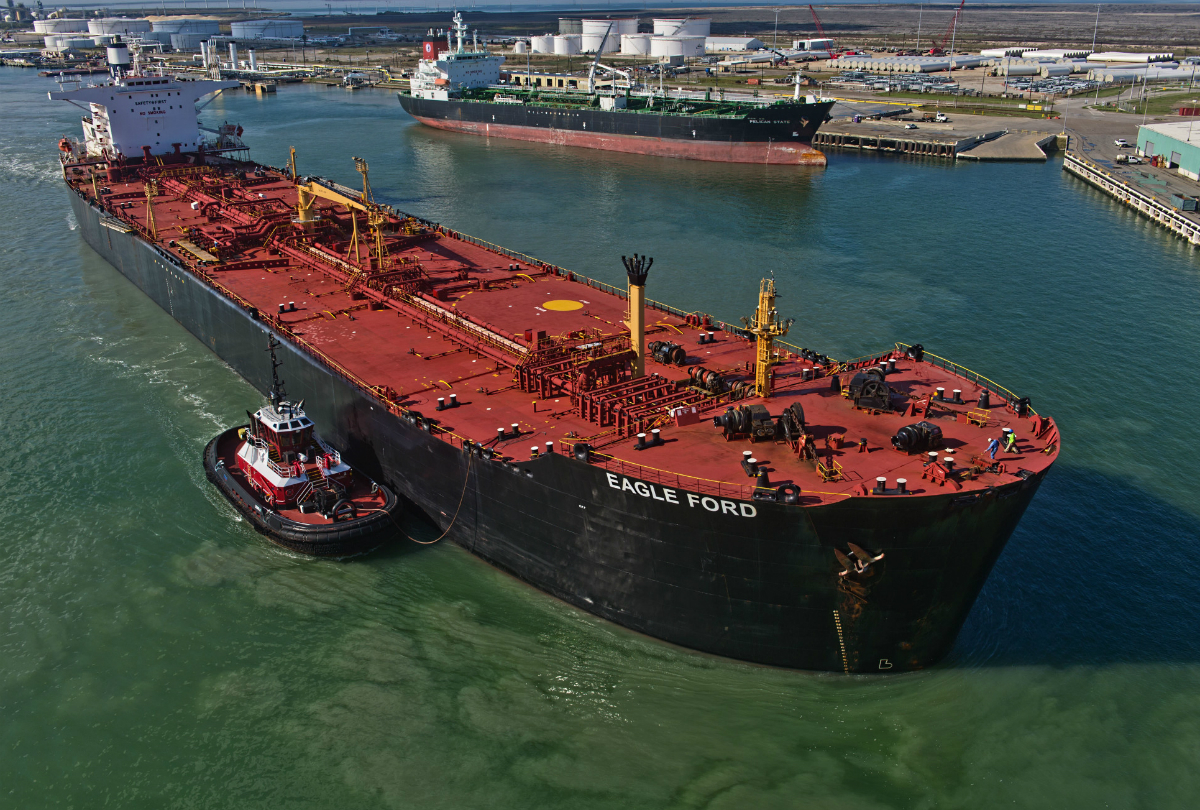Oil’s having a rocky year, swung by jitters over China’s slowdown, OPEC+ supply cuts, and the fallout from the Federal Reserve’s tightening campaign. The tensions wrongfooted many traders as prices sank, then recovered. Now, what comes next is up for debate in Singapore.
Producers, hedge funds, analysts and traders will all converge on the Southeast Asian city-state for this year’s Asia Pacific Petroleum Conference, organized by S&P Global Commodity Insights. The region’s biggest industry gathering — which kicks off on Monday — is a staple of the calendar, offering both a handy litmus test of the market’s current mood as well as clues on the outlook.

Speakers are scheduled to include heavyweights Vitol Group Chief Executive Officer Russell Hardy, Black Gold Investors LLC boss Gary Ross, and Trafigura Group’s co-head of oil trading Ben Luckock. While they’ll command the audience’s attention during the day, much of action favored by attendees takes place after hours at invite-only cocktail parties and slick events organized at colonial-era hotels and clubs, roof-top bars, and even a golf course.
Crude’s gyrations over 2023 saw global benchmark Brent hit the lowest level since 2021 in June at just over $70 a barrel. That slump — which caught out overly bullish banks including Goldman Sachs Group Inc. — was driven in part as flows from Russia proved more resilient than expected despite sanctions and a price cap imposed after the invasion of Ukraine. Supply curbs led by Saudi Arabia then paved the way for a revival, with Brent now near $89.
“I find it intriguing that the OPEC+ cuts that started out as seemingly a move to defend a $70 floor for Brent are now working to keep it well above $80,” said Vandana Hari, founder of Vanda Insights, who’ll speak at the conference. “What is the alliance’s long-term game plan? A target of $80 to $90?”
OPEC+ Cuts
Additional reductions are on the cards. Russia said last week it has agreed with its OPEC+ partners on further cuts to exports, and will release details in the coming days. At the same time, Saudi Arabia is widely expected to extend its 1-million-barrel cut into October, according to a Bloomberg survey.
“I’m sure that Saudi Arabia will start to unwind the additional 1-million-barrel-a-day supply cut at some point,” said Warren Patterson, head of commodities strategy for ING Groep NV, predicting the output would come back in the fourth quarter. “Fundamentally, the market can easily absorb the return of these barrels.”
Reflecting that outlook, the International Energy Agency said in its latest snapshot that global oil demand was running at a record amid robust consumption, a trend that may boost prices. World use averaged 103 million barrels a day for the first time in June and could expand further, it said.
There are certainly a host of signs that the global market has been tightening up. Among them, US commercial inventories have drawn by almost 60 million barrels since they peaked in mid-March, and holdings now stand at the lowest level since late 2022. Elsewhere, futures for both Brent and West Texas Intermediate have been trading in persistent backwardation, a bullish pattern.
Still, concerns remain on demand, especially the outlook in top importer China. While year-to-date crude inflows are well ahead of last year’s pace, much has been stockpiled, and some of the processed fuels have been shipped overseas amid domestic weakness. Highlighting the challenges, the country has posted months of poor economic data as its post-Covid recovery falters.
China’s inflows may be higher but “this reflects the ‘catch-up’ in stockpiling as the economy adjusts back to normalized travel,” said Vishnu Varathan, Asia head of economics and strategy at Mizuho Bank Ltd. “It is premature to declare that the recent pick-up in import volumes reflect industrial optimism.”
Share This:



